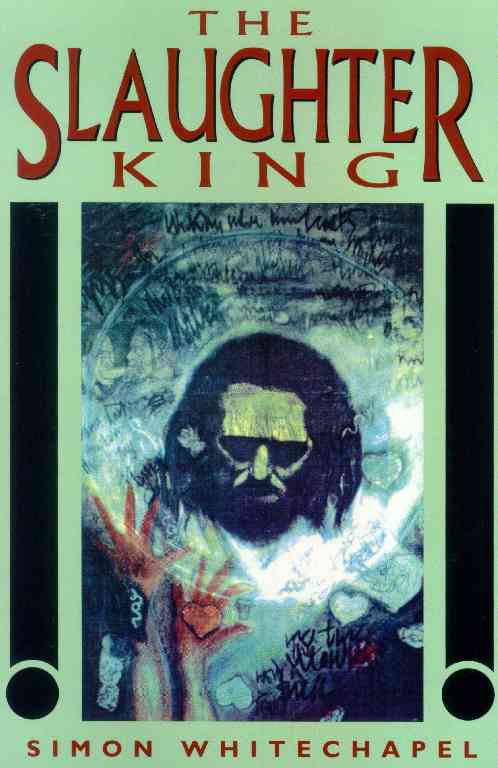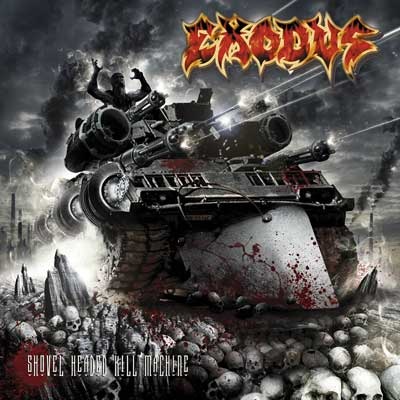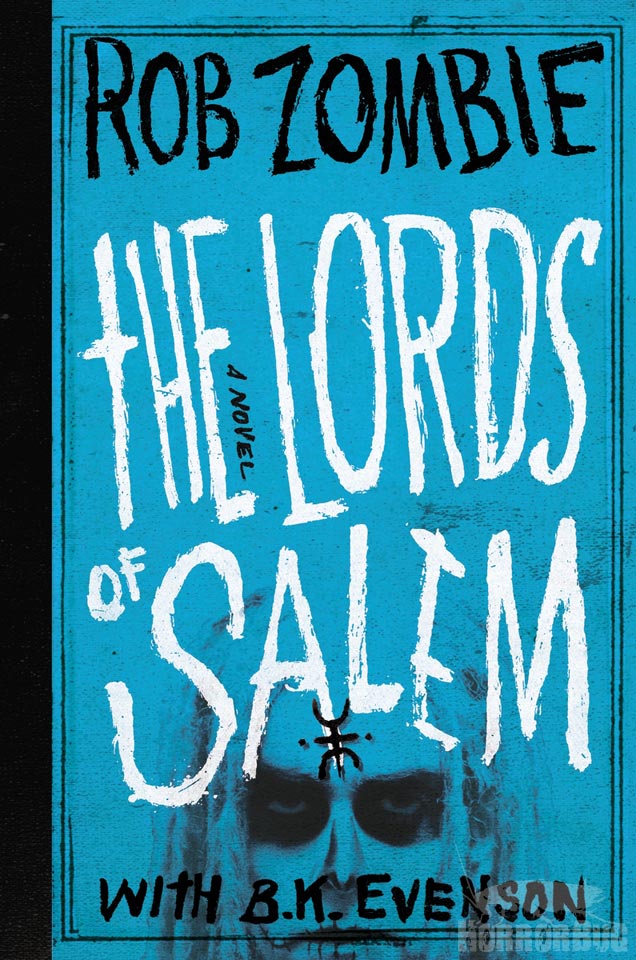 A deathwalker prowls the night paths, killing and disappearing like a nightmare with sharp teeth. The Slaughter King is a murderer in the legal sense, but that word seems wrong. “Murder” means the killing of man by man. The Slaughter King does not seem to be human, and after he’s finished with his victims, neither do they.
A deathwalker prowls the night paths, killing and disappearing like a nightmare with sharp teeth. The Slaughter King is a murderer in the legal sense, but that word seems wrong. “Murder” means the killing of man by man. The Slaughter King does not seem to be human, and after he’s finished with his victims, neither do they.
A London policewoman is following The King’s body trail. Unless progress is made soon, the Met will remove her from the case. The killer seems to have links to the Neopagan community, radical feminists, and even the industrial music subculture. Alannis Kirk hopes she can weave these threads into a rope strong enough to hang him. Along the way, she falls in love with a young woman called Sansiega, who possesses insider knowledge on The King. Or, she seems to fall in love. A big part of the book is Alannis’s own motivations, and – when down on the wire – how much better she is than the man she’s stalking.
This is Simon Whitechapel’s first book, and his only attempt at writing a novel (to my knowledge). One one hand it is an archetypal small press novel, featuring unfettered chaos and misanthropy etc, but on the other hand it might be the most “normal” book by this author. There’s not really any of the existential surreality that The Eyes hints at and Gweel declaims like a manifesto. Although nobody would mistake this for a mainstream thriller, your brain can definitely make sense of The Slaughter King.
The story isn’t such of a much. Its twists and turns are illogical and the ending isn’t very satisfying. What The Slaughter King successfully doubles down on is its dark and compelling atmosphere. It’s violent, but more than that, there’s a real sense of inbound doom. The King is bad, but as revelations come to light about his true motivations, he seems like more like a pawn of a corrupt and rotting institution. Ben H Winters wrote a book called The Last Policeman, about a policeman trying to solve a murder when he knows the apocalypse will come in six months. That sums up The Slaughter King to me. Whether The King escapes or goes free doesn’t seem to matter, as the world trying to catch him is fragile and ridiculous — a card tower made of 52 jokers — and destined for imminent collapse.
The book is grisly in that superdescriptive way that makes you feel like you’re reading a medical textbook. The first blow was carefully calculated to maim but not kill, to be massively painful, but not so massive as to pass shortly into numbness: a slash delivered through the flesh of the upper right thigh, ploughing apart the dermis and epidermis, the waxy yellow subcutaneous fat and the deep fascia as it sliced through the rich red fibre bundles of the superficial muscles, the tensor fasciae latae, the rectus femoris, the iliacus, the psoas major, the pectineus and adductus longus, the gracilis, cutting the wet tubery of the veins and arteries, the descending lateral circumflex, the oxygen balas’d arteria profunda fermoris, the vena saphena longa, almost grazing the femoral surface at its deepest point. The Slaughter King has lots of lesbian sex, too. These sequences are lavishly described and endlessly creative, but there are a great many of them and they seem of small thrust to the plot. After the second or third I found myself speed-reading through them.
The Slaughter King is a flawed but definitely interesting book. If there were Simon Whitechapel trees on every streetcorner with copies of The Slaughter King hanging off every branch, I’d have no trouble recommending it, but finding an out of print book from twenty years ago might not be worth the trouble for some people.
No Comments »
 When people say “time has passed”, they actually mean “events have happened in the time that has passed”. The number of years doesn’t matter, just the changes the years have wrought. Thrash metallers Exodus released Force of Habit in 1992 and then did not put out another studio album for twelve years, but 2004’s Tempo of the Damned found them playing the same style with nearly the same lineup. Yet just one year later, Exodus had fallen apart and had reformed with radically different members, and a modern, quite different style.
When people say “time has passed”, they actually mean “events have happened in the time that has passed”. The number of years doesn’t matter, just the changes the years have wrought. Thrash metallers Exodus released Force of Habit in 1992 and then did not put out another studio album for twelve years, but 2004’s Tempo of the Damned found them playing the same style with nearly the same lineup. Yet just one year later, Exodus had fallen apart and had reformed with radically different members, and a modern, quite different style.
Rick Hunolt is out, Heathen’s Lee Altus is in. Tom Hunting is out, frequent Slayer fill-in drummer Paul Bostaph is in. Most worryingly, Steve Souza is gone again, probably forever this time, and in his place is one of metal’s less convincing frontmen: Rob Dukes.
To be honest, this guy’s vocals take a lot of getting used to. Possibly an infinite amount of getting used to. Souza had a nice Mustaine-like snarl. Dukes’s voice is a haggard bark, like a cranky old person and a chihuaha rolled into one. He’s VERY limited vocally, just be thankful he doesn’t try any clean singing (go straight to The Atrocity Exhibition: Exhibit A for that…eww.)
Fortunately, the band’s wunderkind guitarslinger Gary Holt is still in evidence, and he puts out his usual barrage of hard-edged thrash riffs. The upgraded Exodus war machine unleashes brutal song after brutal song…although they often don’t have the consistency one would like.
“Raze” is a certified winner. It’s not a song, it’s a slash at your neck hard enough to decapitate the three people behind you.. “Now Thy Death Day Come” and “Going Going Gone” are more songs in the same vein, featuring brutal riffs and a heedless forward charge worthy of a Tennyson poem. “Deathamphetamine” is a little more varied…in quality, and in tempo. It has lots of great moments, just not enough to carry it across its 8:31 running time. Exodus seems to have caught Metallica’s disease of finishing a song and then continuing for 2 or 3 minutes.
“Shudder to Think” and “Altered Boy” are heavy midtempo tracks. Their primary strength is Sneap’s dense production style. “.44 Magnum Opus” has a great title, and great lyrics. “A motherfucking Van Gogh with a gun”…Exodus lyrics are always best when they’re tongue in cheek, and it’s a shame that they become all faggy and serious on their next release. The title track is quite short and not very focused musically. The band didn’t seem to put much thought into writing it. Turnabout’s fair play, I didn’t put much thought into listening to it. “Karma’s Messenger” has some harmonised riffs, giving it a slight Arch Enemy character. The Japanese release has two bonus tracks, a Sex Pistols cover and “Purge the World”, wherein lies more thrashing.
“Shovel” is brutal and heavy…but it’s very different from past Exodus releases. It has a different feel and flavour from the classic albums, and although the riffs are still great, some of that classic Exodus swagger seems to have disappeared. The band sounds quite mechanical and lifeless these days, the odds of them writing another song like “Toxic Waltz” are slim. Bonded By Blood and Shovel Headed Kill Machine are like the T-800 Terminator and the T-X, respectively. Kristanna Loken might be harder and meaner, but people will always feel more attachment to the fleshy, bleedable Arnold Schwarzenegger.
No Comments »
 Lords of Salem is a novelisation of Rob Zombie’s 2013 movie, which was adapted from a song on Rob’s 2006 album Educated Horses. The franchise now exists in three mediums, literature, cinema, and music. Impressive, although a true renaissance man would have released Lords of Salem knitting patterns by now. Note that it is a “collaboration”, which means that BK Evenson wrote 99.95% of the book and then Rob went over it once with a red pen. I have not seen the movie, but apparently this is a bit different.
Lords of Salem is a novelisation of Rob Zombie’s 2013 movie, which was adapted from a song on Rob’s 2006 album Educated Horses. The franchise now exists in three mediums, literature, cinema, and music. Impressive, although a true renaissance man would have released Lords of Salem knitting patterns by now. Note that it is a “collaboration”, which means that BK Evenson wrote 99.95% of the book and then Rob went over it once with a red pen. I have not seen the movie, but apparently this is a bit different.
There’s a prologue set 1692, and we learn that there really were witches in Salem. They are arrested while performing a ritual of some kind, and they die threatening to haunt the town forever. I wish this part wasn’t there, to be honest. Crazy, over-the-top prologues make sense in an action movie, where you have to give the audience some of what they paid for, but all this scene accomplishes is to remove any sense of mystery and ambiguity from the story. The plot is now spoiled, you now know what’s going to happen, it’s now just a matter of running out the clock.
Why not be coy, and keep the evil in Salem hidden? Why not make the reader as ignorant as the protagonist? Why stick a big “COMING SOON: WITCH ATTACK!” sign right at the start of the book?
The prose needs a pair of crutches. “She cast her eyes around desperately.” Don’t cast them around too desperately, eyes are delicate things. This book also contains the most awkward adverb ever observed by science: “She flailed ropily.”
Lords of Salem soon shifts to the present day, where radio DJ Heidi Hawthorne (a descendent of the judge who doomed the Salem witches) receives a record from a band calling themselves the Lords of Salem. She plays it, and horrible events start occurring in the town. Unfortunately, the Lords of Salem don’t just aspire to radio stardom, they are also coming to town, and Heidi must sell concert tickets.
This section of the book is much better. It flows, it doesn’t seem to be trying too hard at all, and the characters were great. The dialogue has a snappy, fun quality, and although I doubt Rob was involved much with this book, Lords exhibits all the signs of being adapted from one of his screenplays. Rob writes “character” very well, and his naturalistic dialogue was a big part of why The Devil’s Rejects was as good as it was.
Lords has lots of creepy, violent, supernatural shit, but lots of not so great horror movie ideas, too. The main characters are very good at surviving. Save for the confusing and murky ending, all the deaths are died by bit players and randoms. It devalues the scary scenes to know that the author is standing on cue, ready to rescue Heidi from danger because the plot requires her to live. Churchill once said “Nothing in life is so exhilarating as to be shot at without result.” The corollary is “Nothing in life is so unexhilarating as to see a character get attacked by a monster without result.”
Rob says he released a novel tie-in out of nostalgia for his own childhood, when novelised versions of books were common. They’re not common now, and maybe that fact alone is the edge Lords of Salem needs. It’s a flawed but definitely interesting book. Fans of Rob’s work will probably be very enamoured by it.
How long they’ll be enamoured for is something I don’t know.
No Comments »
 A deathwalker prowls the night paths, killing and disappearing like a nightmare with sharp teeth. The Slaughter King is a murderer in the legal sense, but that word seems wrong. “Murder” means the killing of man by man. The Slaughter King does not seem to be human, and after he’s finished with his victims, neither do they.
A deathwalker prowls the night paths, killing and disappearing like a nightmare with sharp teeth. The Slaughter King is a murderer in the legal sense, but that word seems wrong. “Murder” means the killing of man by man. The Slaughter King does not seem to be human, and after he’s finished with his victims, neither do they. 

